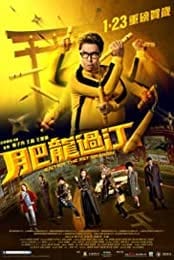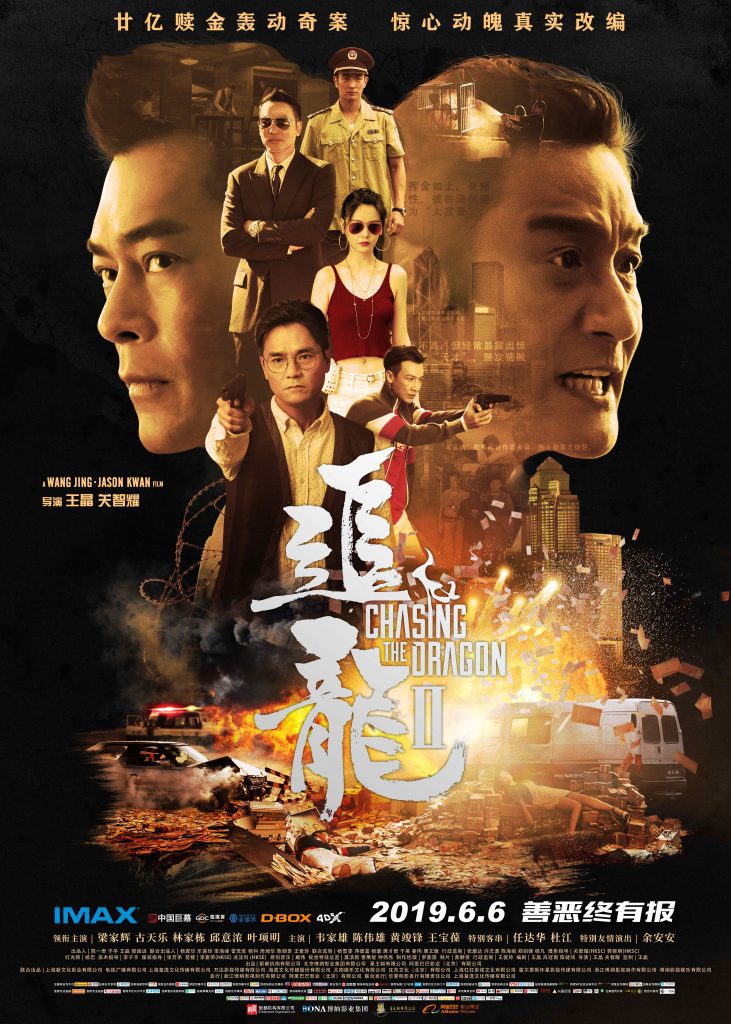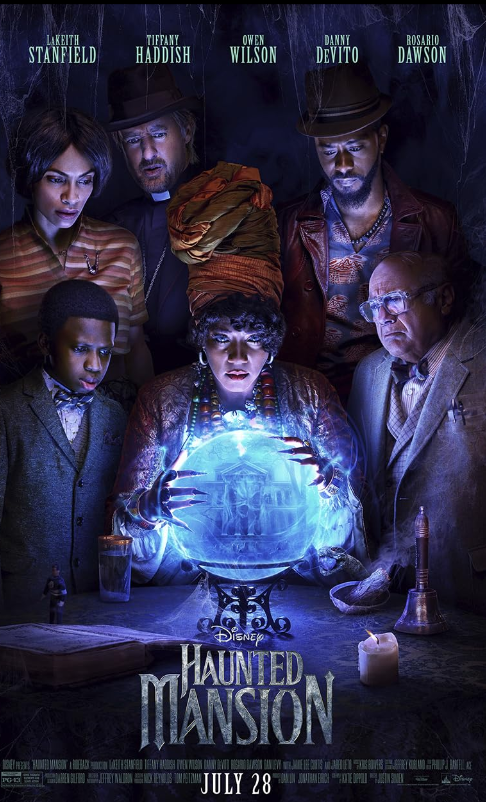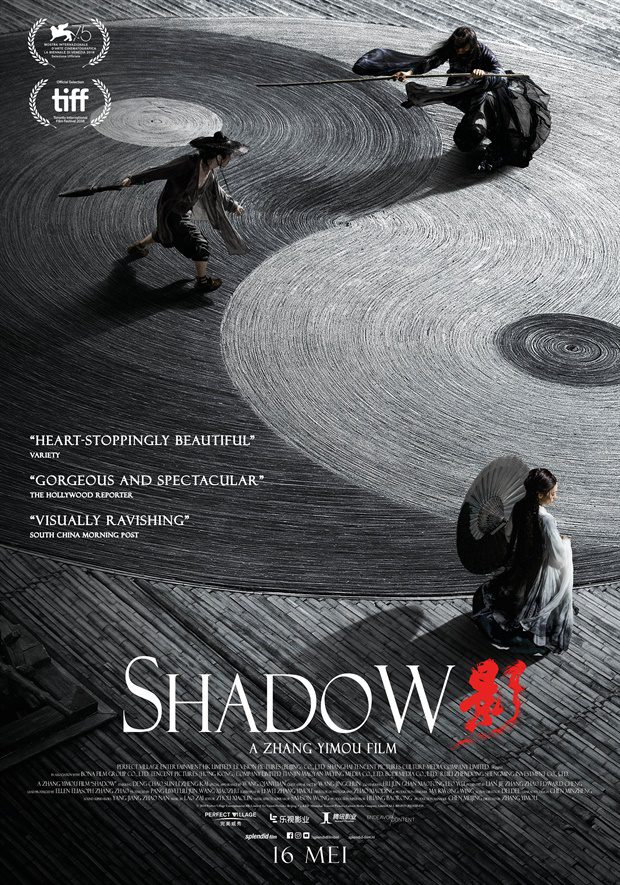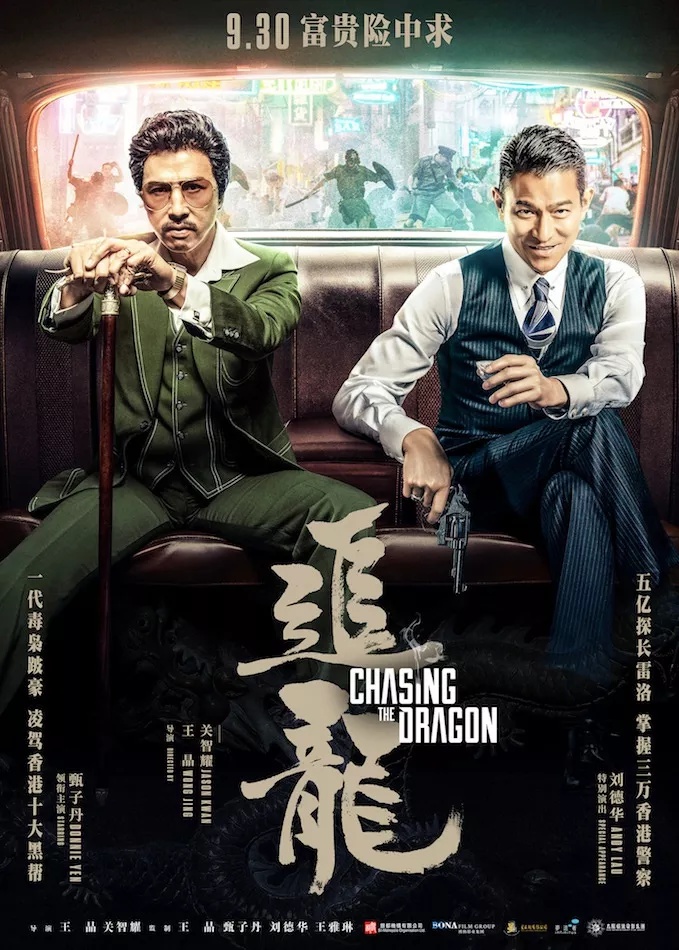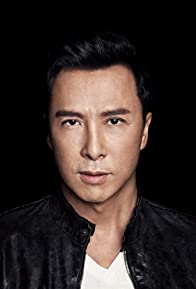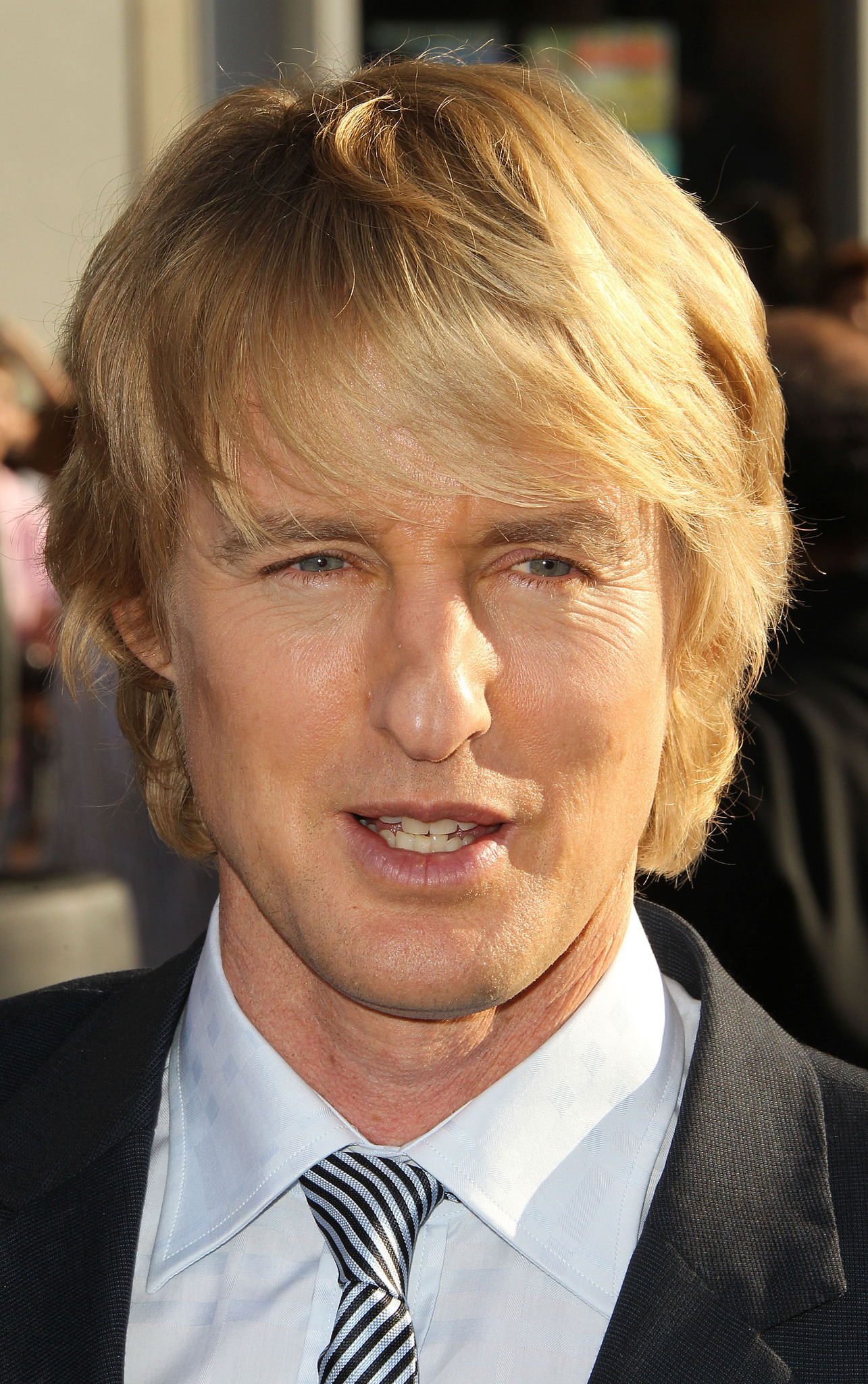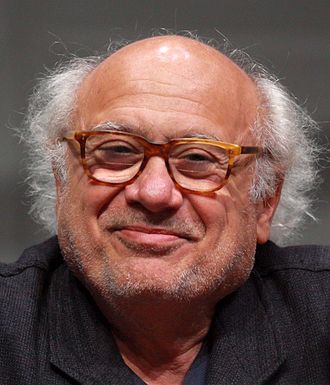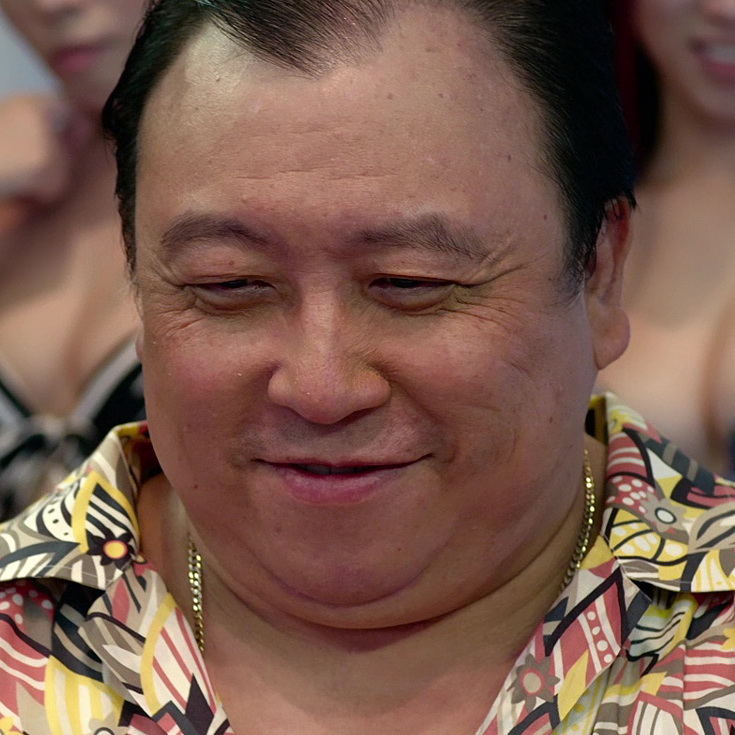
Jing Wong
Birthdate – May 3, 1955 (69 Years Old)
Birthplace – Hong Kong, China
Wong Jing is one of Hong Kong’s most prolific, talented and controversial filmmakers. His directorial style, at best, manages to combine commercial appeal and artistic aspects. Most of his films were among the biggest box office hits, partly due to possessing an amazing sense of what would play well. Some of his films have achieved groundbreaking success, artistically as well as financially.
His films are so popular that in the mid to late ’90s, Wong’s movies accounted for as much as thirty percent of the total box office take in Hong Kong. Genre-wise, he’s done comedy, drama, romance, action (including martial arts) and even erotica. He often combines genres. His screen-writing portfolio is impressive as there is so much scope in terms of plot, historical setting and quality.
Even his credentials in the action movie genre are accomplished from films set in period China to a futuristic setting, whether it be a Chinese equivalent to Lord of the Rings, a Sci-Fi adventure that manages to be an adaptation of the famous computer game Street Fighter or a scathing satire on action films that also manages to pay tribute to films such as Reservoir Dogs, Invasion U.S.A. and Raw Deal.
Ironically, regardless of his impressive list of credentials, there came a time when the one genre Wong Jing was most famous for (in the eyes of Western fans of Hong Kong cinema) was the erotic thriller. It became commonly associated with him due to him being the producer and screenwriter for Naked Killer – an exploitation film well known for combining scenes of action, dark humor, shocking violence and lesbianism.
His true niche, however, can be found in the gambling genre (his favorite genre). He has, quite frankly created some of the best gambling scenes ever depicted on celluloid. His highest-grossing film in Hong Kong theaters was a gambling-themed genre-mixer (God of Gamblers Returns) starring Chow Yun-Fat (of Crouching Tiger, Hidden Dragon fame).
Also known as The Return of the God of Gamblers, the film is still one of Hong Kong’s top ten highest-grossing films. It had even made a lot more money than Jackie Chan’s Drunken Master 2 (which was released in the same year – 1994). This is saying a lot since Drunken Master 2 is constantly referred to as Jackie’s best film (the quality of the fight scenes have rarely been rivaled). It had people cheering and giving standing ovations in cinemas throughout Asia which led many to suggest that Drunken Master 2 is the pinnacle of his decorated and illustrious career. However, that didn’t stop Jing from delivering a larger crowd-please.
His directorial debut was a gambling film. A multi-layered caper set in the early part of the twentieth century, Challenge of the Gamesters is a prequel to the popular Hong Kong TV mini-series The Shell Game (which Wong himself wrote, with his father Wong Tin-Lam handling the directing duties).
Which brings us to Wong Jing’s roots, he got his start in the entertainment industry early, since his father Wong Tin-Lam was a TV drama director and a renowned film director from the 1950s. It seemed inevitable that Jing would follow in his father’s footsteps, but first Wong attended the Chinese University of Hong Kong, majoring in Chinese Literature.
He was becoming disenchanted with university and was more interested in media art so he asked his father for permission to study film in England but his father said “just observe and you will learn the craft” and that is what he proceeded to do so he became a screenwriter by writing scripts for TV. In fact, he skipped class a lot to the extent that some of his professors said that they never saw him at all during the four years it took to earn his degree.
He later said that the degree was worthless to him. Jing believed that he learned more about making movies and (perhaps more importantly) making money by cutting classes and hanging around studios, where he would get work as a director’s assistant (basically a glorified errand boy) and writing scripts for his father’s shows.
As a devout fan of classical Cantonese cinema, Jing impressed many of the old-timers around the studios with his knowledge of movie trivia. Combined with his high work ethic and the ability to change scripts on the fly (a necessary skill in the fast-paced world of Hong Kong’s entertainment industry), Wong had found his niche.
By 1978, he made his entrance into the world of movies with his script Cunning Tendency before directing Challenge of the Gamesters in 1981. Both films were made for the Shaw Brothers film studio and were big hits but it wasn’t until the late ’80s where he began to show his commercial genius with Casino Raiders, which was a smash hit that actually began the gambling craze (that Wong was to capitalize on with the extremely popular God of Gamblers films).
The one thing that Jing likes about making this genre of film is being able to direct the gambling duels at the end. Besides possessing a genuine interest in gambling, his main motivation for making gambling movies was because Wong saw there was a large audience for gambling films. This revelation was found after working on two films with his father: King of Gamblers (1980) and Return of King of Gamblers (1981).
Wong Jing is also a highly influential filmmaker. Hong Kong’s most popular film star – Stephen Chow – had become what he is today due to Wong. He had starred in a film, which was a parody/cash-in of God of Gamblers entitled All for the Winner, which became the highest-grossing film in Hong Kong and made Stephen a huge star in the process (virtually overnight).
Wong went out of his way to not only adapt this new star in his own franchise but to add more comedy to the proceedings. This resulted in making an even more groundbreaking success with God of Gamblers II (which was also a sequel to All for the Winner).
Chow’s collaborations with Wong, which included yet another God of Gamblers movie had confirmed the basic template for Chow’s films – a slightly dimwitted but talented man gets thrown into strange circumstances, where he ultimately finds redemption (and resolution) through love.
In regards to Jing’s influence, there came a point when nearly one third of the films coming out of Hong Kong yearly had Wong’s touch on them in some way, either as a screenwriter, producer, director or actor. The script that Wong Jing helped to write for the early ’80s traditional Kung Fu film Dreadnaught had proved to be the inspiration for one scene in the Hollywood blockbuster Batman Forever, which had Chris O’Donnell doing laundry chores with the aid of his martial arts skills.
Wong Jing’s New Legend of Shaolin had proved to be one of the main influences for Ang Lee’s Crouching Tiger, Hidden Dragon via the use of a female duo of thieves dressed in black (one of whom is much older and proves to be an expert in poison darts) who try to steal a valuable object before confronting someone who’s trying to stop them.
Like many famous directors; Wong Jing has trademarks. Besides making a slew of films referencing or based on computer games, he likes using creative POV shots.
Sometimes, Jing likes to trick the audience into thinking the film is over when it’s not as a way of making things less predictable e.g. the endings of two of his films (i.e. City Hunter and Return to a Better Tomorrow) feature shots where the camera is being pulled further into the distance away from the action into an aerial shot (a shot which is accomplished either a crane or a helicopter) before concluding with an additional scene.
Another Wong Jing trademark (or Jingism) is the vertigo shot (a shot that is accomplished by zooming the lens forward whilst physically moving the camera backwards). The way he uses it is either during a revelation of a plot point or a startled reaction from one of the main characters. He has used this shot in The Romancing Star, The Big Score, The Last Blood, Royal Tramp, City Hunter, God of Gamblers 3: Back to Shanghai, Kung Fu Cult Master, Return to a Better Tomorrow, God of Gamblers Returns and High Risk.
Like Quentin Tarantino and Kevin Smith, Jing’s films have plenty of pop culture references from a subtle reference to The Beatles (in City Hunter) to a blatant take on The Six Million Dollar Man.
Another Jingism is to lampoon (as opposed to just referencing) other Chinese filmmakers such as Tsui Hark, John Woo and Wong Kar Wai. Jing’s Last Hero in China is a parody of Hark’s Once Upon a Time in China film series (which dealt with the nineteenth century Chinese hero, Wong Fei-Hung). Woo has been well known for making action films that deal with male bonding, so Jing had lampooned John Woo’s macho male bonding in Boys are Easy with a scene that parodies Woo’s A Better Tomorrow. Arthouse favorite Wong Kar Wai is mocked in Jing’s Those Were the Days via a character called Wong Jing Wai.
Unlike his fellow contemporaries, Jing chooses not to make films in Hollywood as he feels that most other American films directed by Hong Kong directors fail to live up to standards (considering the amount of money and time invested). Hence why he allegedly rejected Tom Cruise’s offer to direct Mission: Impossible II. Coincidentally, Jing referenced Tom in The Big Score. Additionally, God of Gamblers has been described as a Chinese take on Rain Man. Also, Jing feels that he won’t gain the same amount of control as he would in his Hong Kong productions.
Perhaps that is the key to Wong’s continued success – while many directors craft overly ‘arty’ films or overly ‘commercial’ movies, Wong Jing’s films hit a nice middle ground. Yes, there is a good deal of bloodshed and talk of sexual-related things such as bodily functions, but the films themselves are technically sound and well-written. It is quite a testament to Wong’s talent that his first film, made over 20 years ago, can stand up to (and surpass) much of today’s output. Those wanting to get a bit of a H.K. film industry lesson, while having fun doing it, would be well-advised to check out Challenge of the Gamesters.



